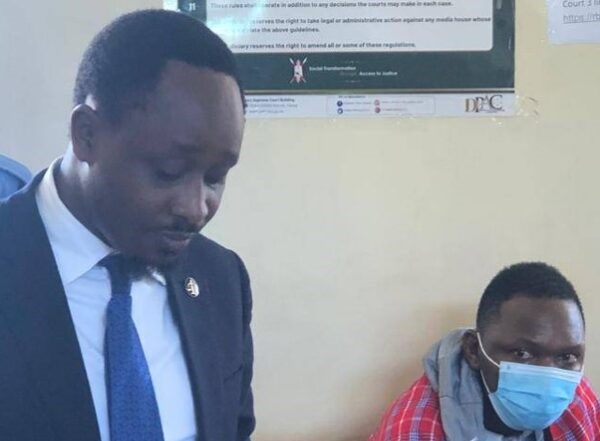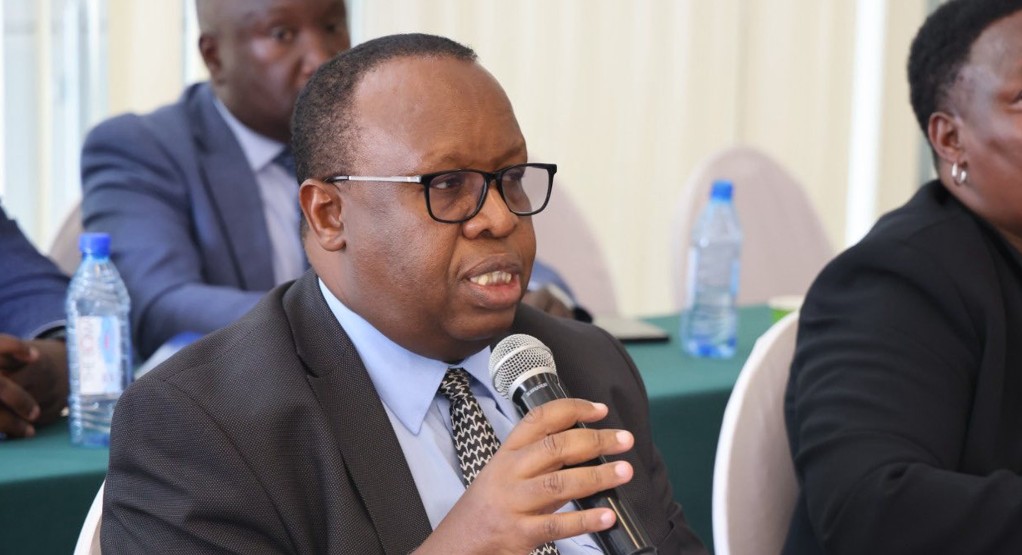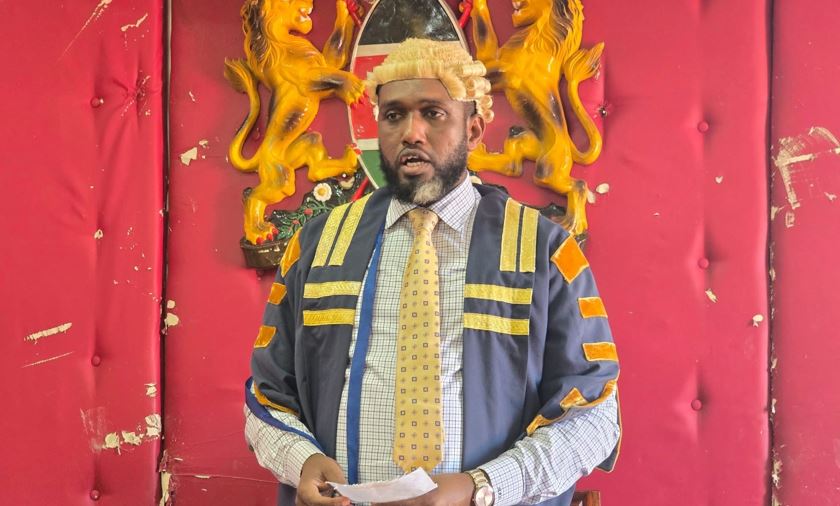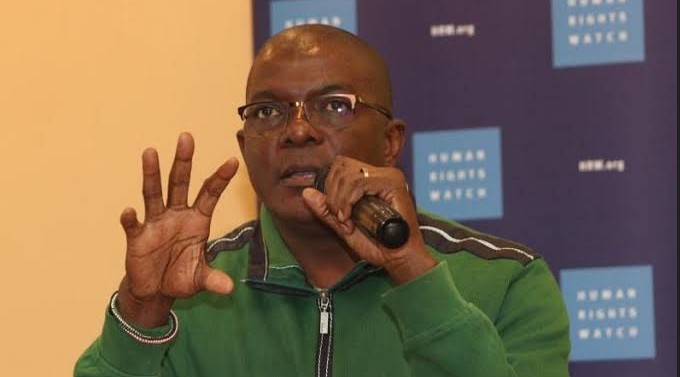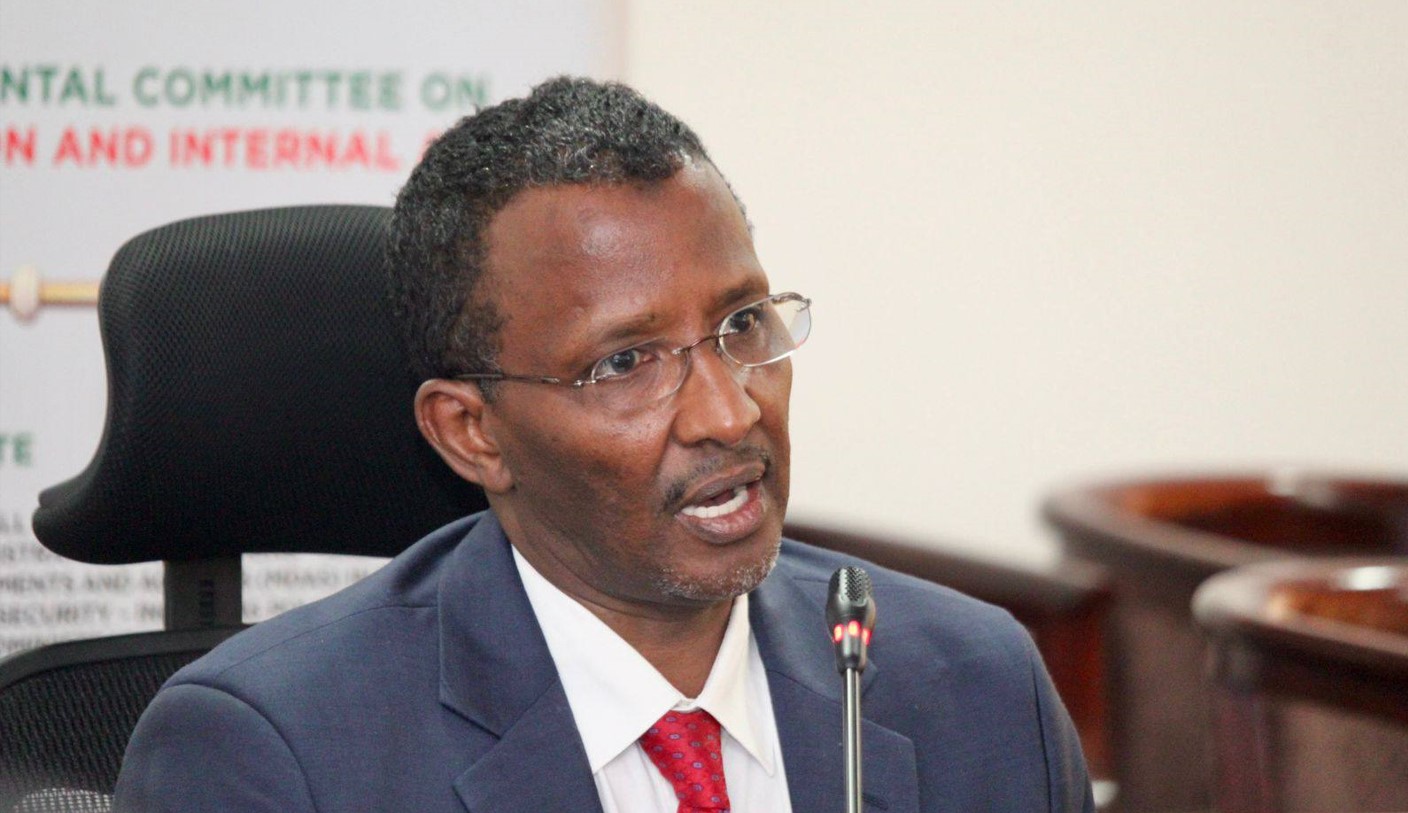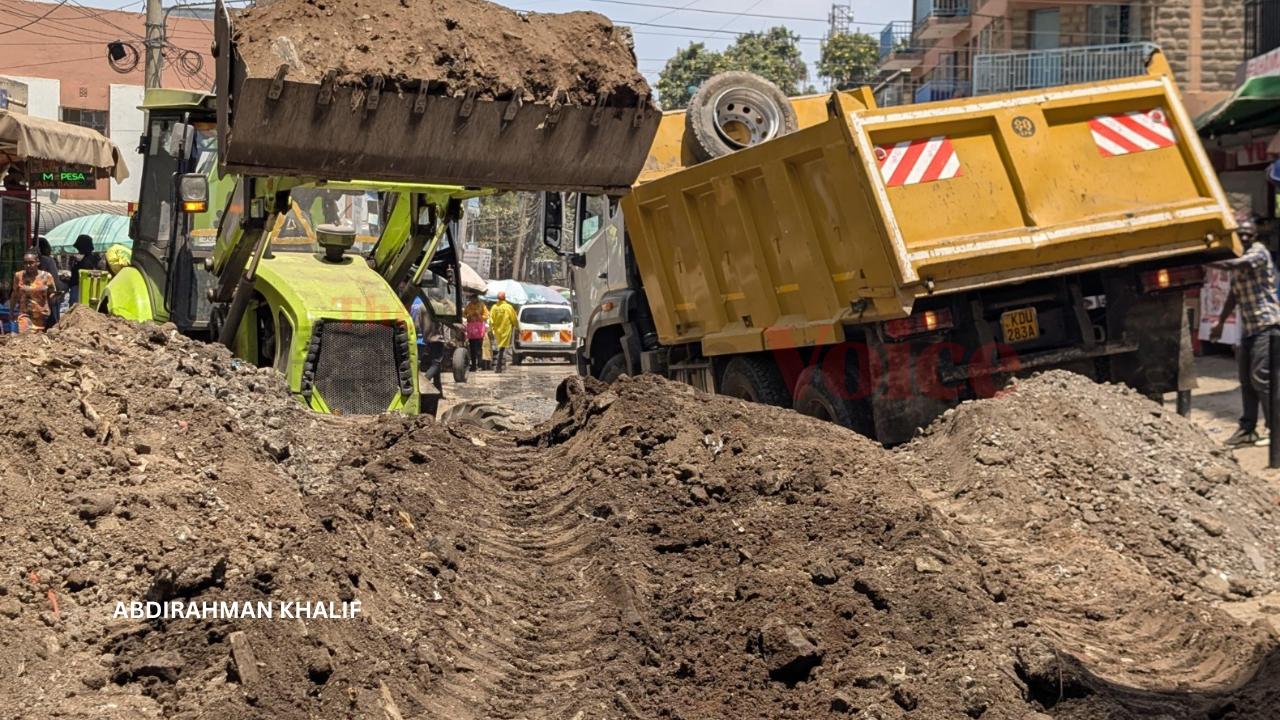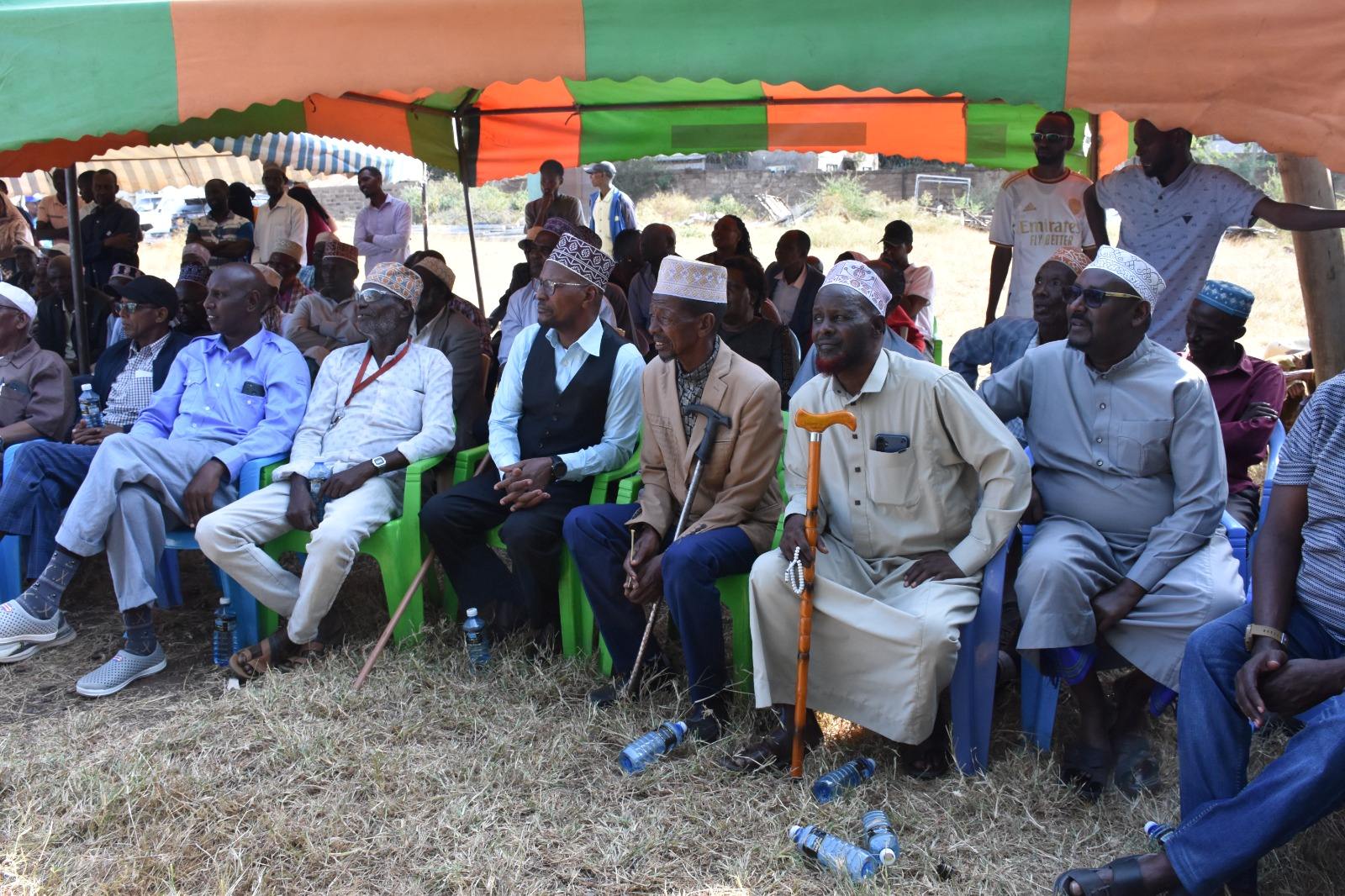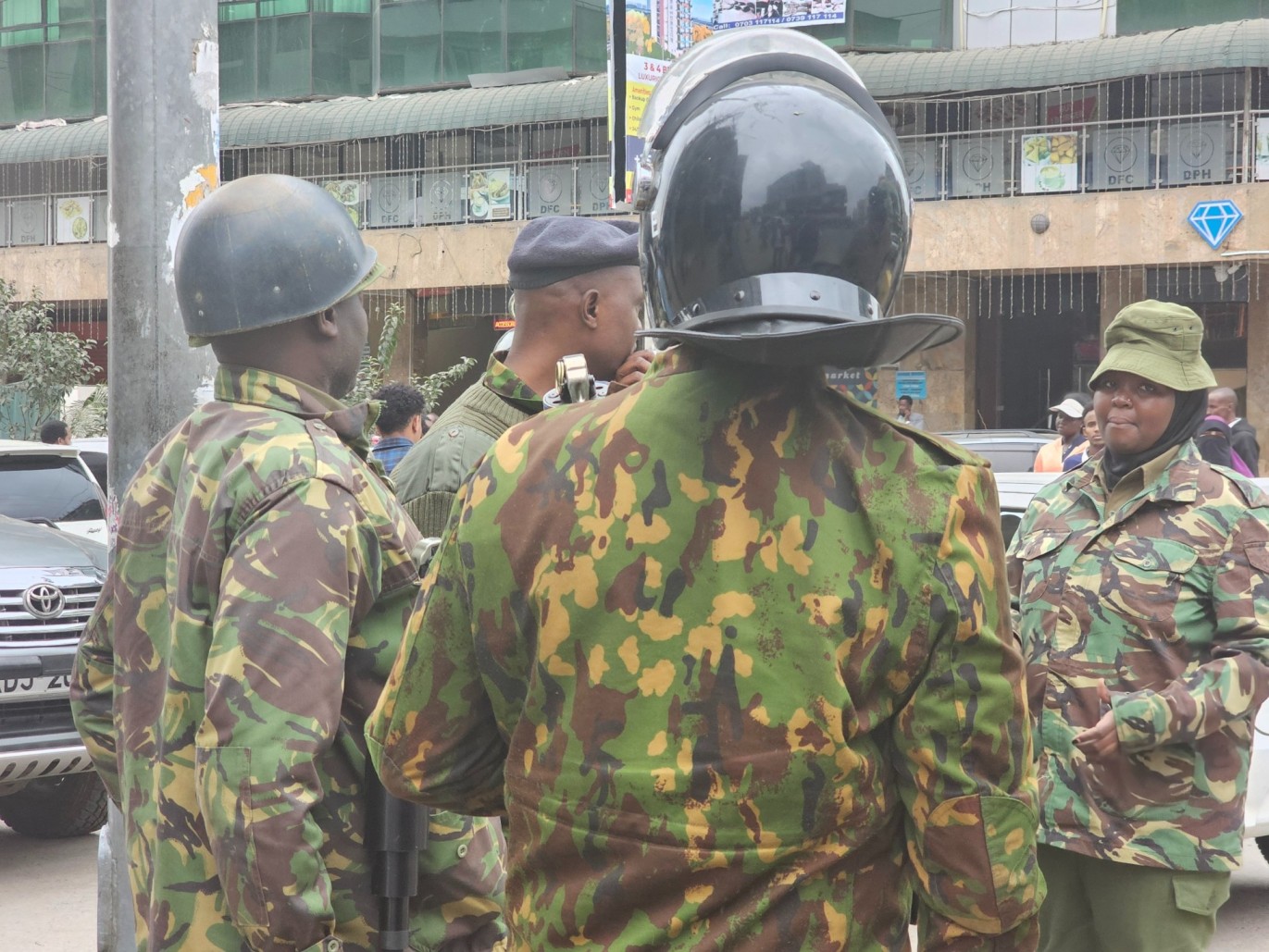EACC defends legality of Ruto's multi-agency team to fight corruption in court affidavit
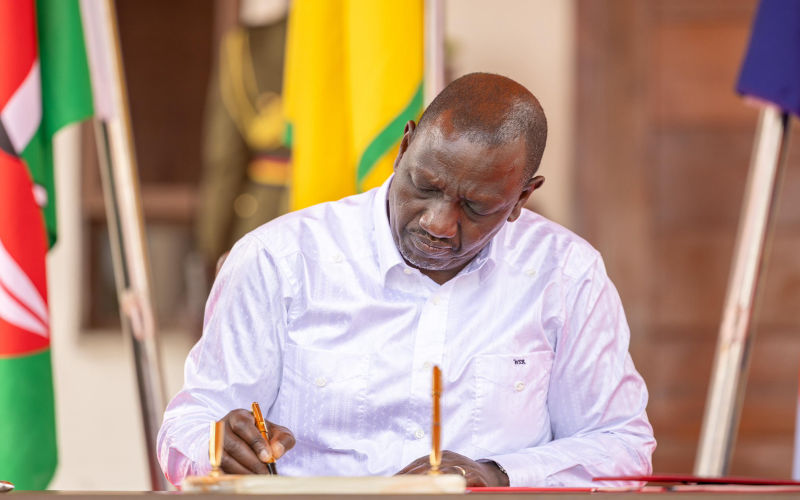
Too affirmed that the EACC is established under Article 79 of the Constitution and the EACC Act, 2011, with a mandate to fight corruption, economic crimes, and unethical conduct through enforcement, prevention, public education, and the promotion of integrity.
The Ethics and Anti-Corruption Commission (EACC) has defended the establishment of the Presidential Multi-Agency Team on the War Against Corruption (MAT-WAC), insisting that the framework aligns with the Constitution and Kenyan law.
In a replying affidavit, David Too, Director of Legal Services and Asset Recovery at the EACC, defended the legality of the team, insisting that its mandate does not usurp the powers of independent offices or agencies.
More To Read
- Justice and Equity Commission hails police brutality ruling, calls for immediate action
- Governor Wavinya Ndeti suspends 33 revenue officers over alleged graft
- EACC summons eight senior Nakuru County officials over Sh22 million irregular payments
- How illegal financial flows stifle Africa's growth
- Court told Okoth Obado agreed to forfeit assets worth Sh235m in graft case
- Illegal financial flows drain African economies: How tax havens fuel corruption
He maintained that the MAT-WAC framework is consistent with the Constitution and laws of Kenya, provided that the institutional independence of the EACC and other bodies is respected.
In his affidavit, Too affirmed that the EACC is established under Article 79 of the Constitution and the EACC Act, 2011, with a mandate to fight corruption, economic crimes, and unethical conduct through enforcement, prevention, public education, and the promotion of integrity.
"Members of the Presidential Multi-Agency Team on the War Against Corruption (MAT-WAC) are institutions holding vital information that can fast-track investigations, prosecutions, and the recovery of assets acquired through corruption", he states in court documents.
Too emphasised that although EACC is an independent commission under Article 249(2) of the Constitution, its independence does not imply working in isolation.
"The fight against corruption requires collective effort," he stated, adding that inter-agency collaboration improves intelligence sharing, resource mobilisation, coordinated investigations, and overall success in prosecutions and asset recovery.
The affidavit further pointed out that MAT-WAC was established through a Presidential proclamation on August 18, 2025, bringing together 11 key institutions: the Office of the President, the Attorney General, the National Intelligence Service, the Directorate of Criminal Investigations, the Office of the Director of Public Prosecutions, the Central Bank of Kenya, the Asset Recovery Agency, the Kenya Revenue Authority, the Financial Reporting Centre, and the Public Procurement Regulatory Authority.
In this case, the High Court has been asked to determine whether the Presidential Multi-Agency Team on the War Against Corruption (MAT-WAC) was lawfully established and whether its continued operations violate the Constitution.
In the petition filed by Dr. Magare Gikenyi, the court is being urged to declare the team unconstitutional, citing breaches of key provisions of the Constitution, including Articles 2, 10, 22, 201, 213, and 232. The petitioner argues that the framework undermines the principles of separation of powers, due process, and the independence of constitutional commissions.
Dr. Gikenyi claims that the August 18 presidential proclamation that established MAT-WAC amounted to overreach, encroaching on the mandates of independent constitutional offices.
The respondents in the case include the Attorney-General, EACC, the Office of the Director of Public Prosecutions (ODPP), the Directorate of Criminal Investigations (DCI), the Financial Reporting Centre (FRC), the Central Bank of Kenya, and the National Police Service, among others.
The petition further raises questions about the scope of executive authority, the supremacy of the Constitution, and the doctrine of legitimate expectation.
Top Stories Today
Reader Comments
Trending
